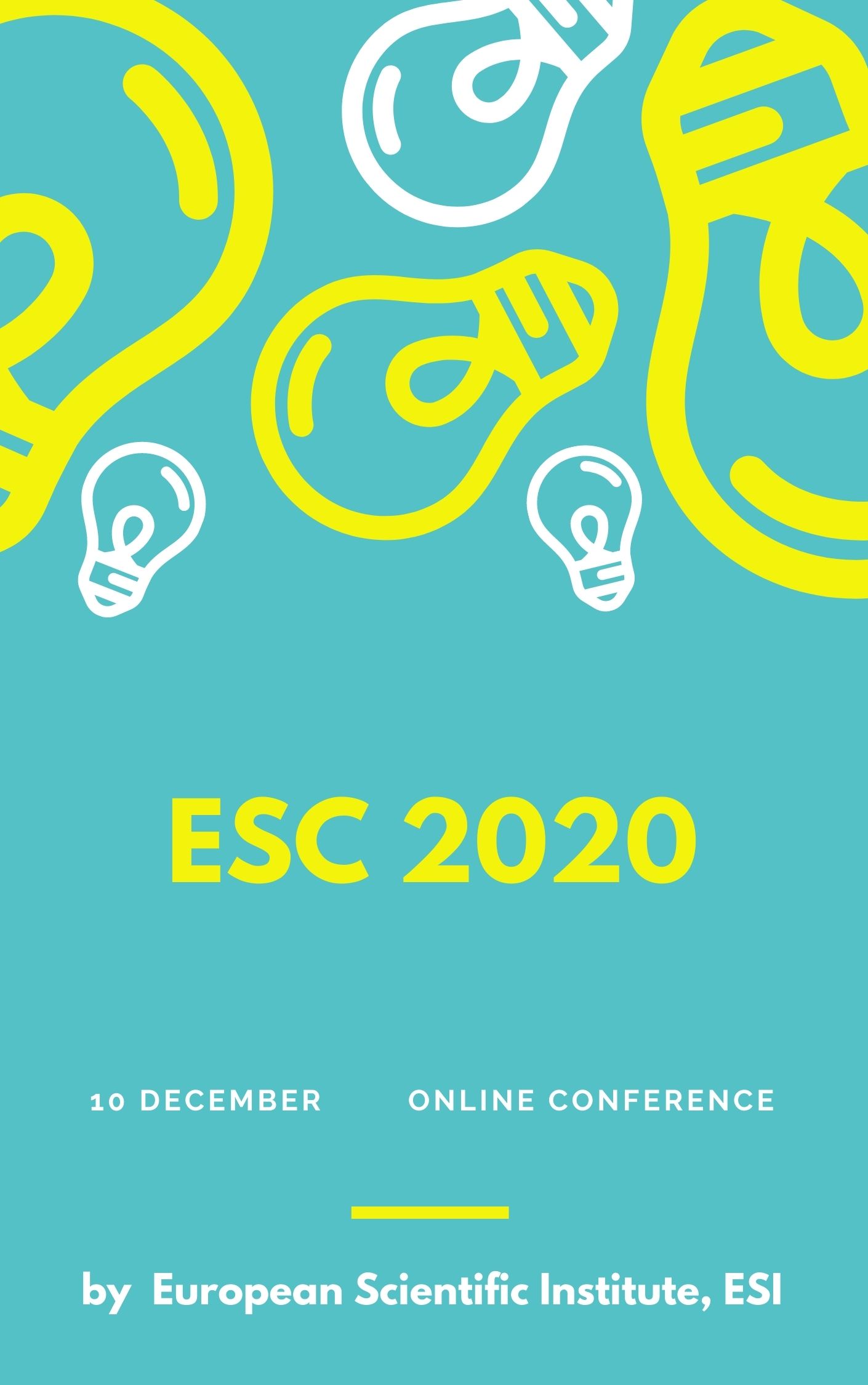Facilitating Social Emotional Learning in Rural Schools: A Systematic Review of Strategies
Abstract
Educators no longer have the luxury of exclusively focusing on academic standards while neglecting the necessity to intertwine social and emotional competencies into to the curriculum. An examination of existing literature uncovered favorable academic outcomes associated with integrating social emotional learning (SEL) into the educational infrastructure. SEL assists children with developing skills to manage personal emotions, establish prosocial ideals, regulate relationships, build friendships, resolve conflicts and make ethical decisions. Although scholars reported an increased prevalence of social and emotional imbalance among students in rural settings when juxtaposed to urban children, the rural populace hesitate to seek and access assistance due to elevated rates of poverty, limited access to public transportation, difficulty retaining qualified personnel and the cultural stigma associated with receiving mental health support. Thus, school personnel are often tasked with identifying at risk students and dwelling on appropriate measures to assist them with social and emotional problems. Based on a systematic review of selected literature, the following strategies were found to facilitate SEL in rural schools: (1) an evidenced based SEL curriculum, (2) a methodical process to train staff, (3) an intentional partnership with parents and (4) a coalition with wrap around teams. Future research utilizing the outlined strategies to facilitate SEL in rural settings, support the necessity of exploratory research studies to assess the efficacy of the findings.
Downloads
Copyright (c) 2021 Tanika Lankford Mitchell

This work is licensed under a Creative Commons Attribution-NonCommercial-NoDerivatives 4.0 International License.








